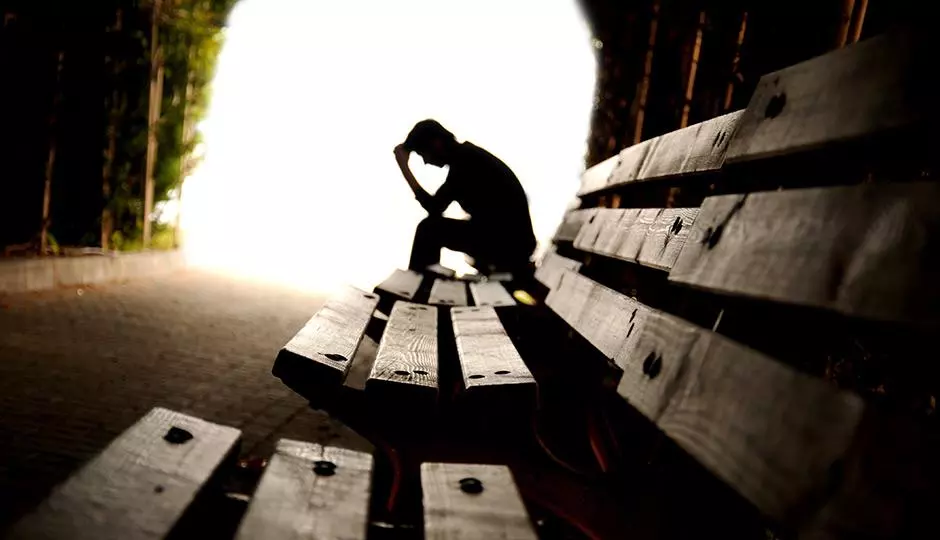Stress may be, first and foremost, a mental condition—but we all know that its effects can encompass the physical body, too. If you’ve ever been through a season of intense stress (and surely you have), you know that stress can impact your appetite and your ability to sleep. It can leave you feeling weary and exhausted. It can provoke a headache or an upset stomach. It can even make you more susceptible to sickness and disease.
Stress, Trauma, and Hair Loss
But can a season of stress actually cause you to lose your hair? Frankly, it depends on what kind of stress you’re talking about. The sorts of everyday anxiety that stem from work or school responsibilities are unlikely to cause any meaningful hair loss, even if it occasionally makes you feel like pulling your hair out!
When it comes to real emotional trauma, though—the kind that comes as a real shock to the body—the story is a little different. What we’re talking about here isn’t just “stress.” Rather, it’s the kind of bodily impact that you get from an accident, a personal tragedy, or something truly life-shaking. For this kind of physical and emotional distress, a common side effect is telogen effluvium—and yes, it can indeed lead to significant hair loss.
Telogen Effluvium
Let’s start by unpacking this term. Telogen refers to a specific type of hair, characterized by a bulb shape at one end. Effluvium means, quite simply, to flow out. Sure enough: While some everyday hair loss is perfectly normal, those who have this condition will notice extreme levels of hair loss. This stems from a major interference with the normal, healthy process of hair growth and loss. Those who have telogen effluvium as a result of trauma or stress may find their hair coming out in clumps, especially as they either shower or comb their hair.
Again, this is a condition that’s brought on by extremely high levels of stress to the body, including major physical injuries or huge, emotional changes to your life. In rarer instances, telogen effluvium can also be caused by pregnancy, childbirth, vaccinations, antidepressants, chronic illness, fever, or even jetlag.
Getting Back on Track
The happy news is that this disruption to the natural hair growing cycle is usually temporary. It will resolve itself once you get your stress levels under control. To do this, it’s important to simply take care of yourself. Eat full meals that are rich in nutrients. Get plenty of sleep at night. Spare yourself from physically taxing activities, to the best of your ability. And make sure you have someone to talk with about whatever has stressed or traumatized you.
Meanwhile, there are treatments that can be effective to cover or stall temporary hair loss, and to ensure that your hair begins growing back as normal. To learn more about some of these treatments, we invite you to contact us at LH Hair today.



